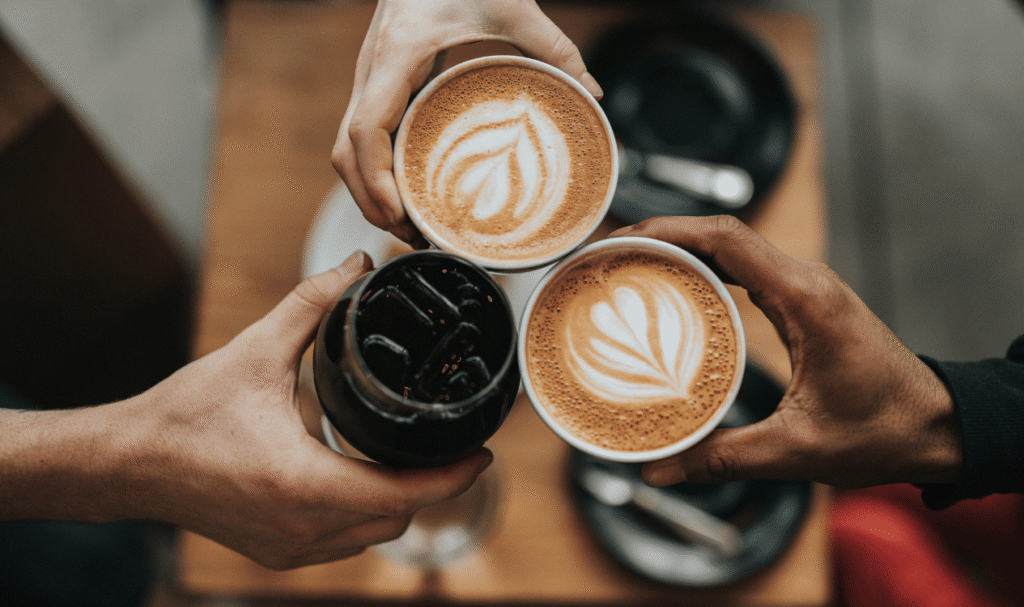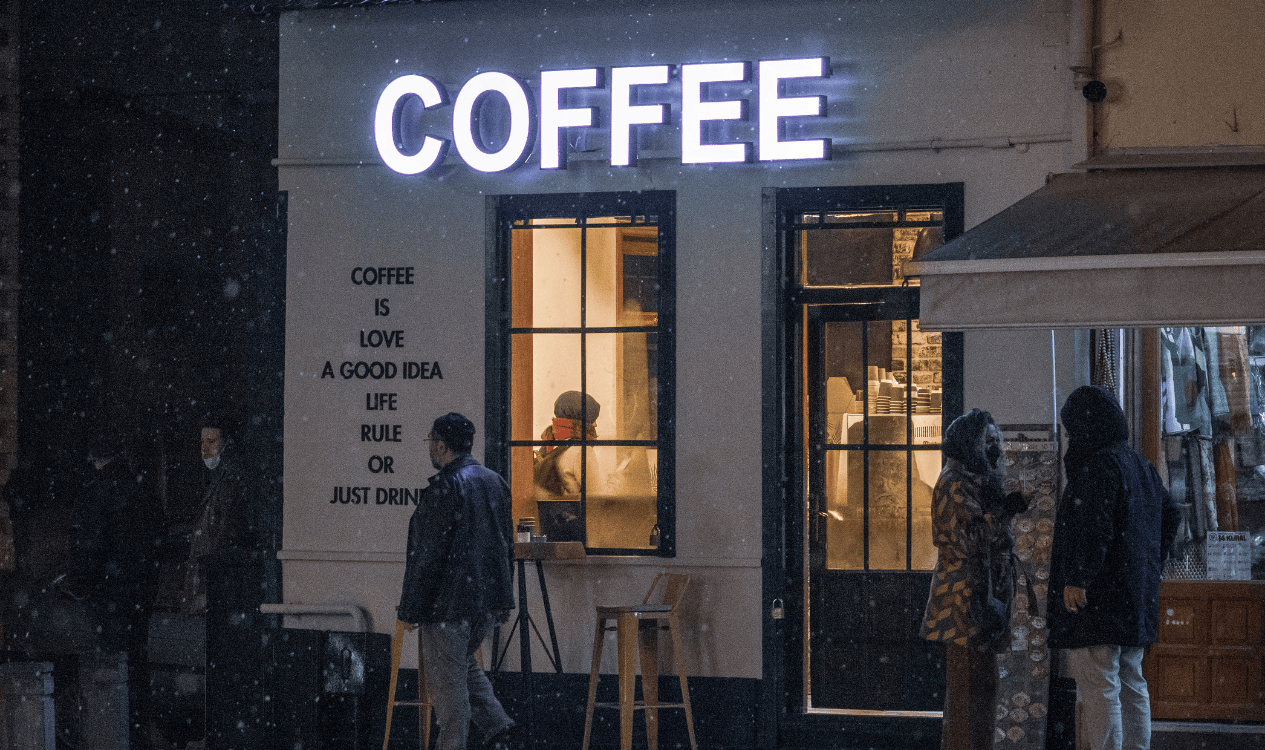India’s coffee culture has exploded over the past decade. Global chains like Starbucks, and homegrown ones like Blue Tokai and Third Wave, have mushroomed across metro cities. But here’s the surprising twist: if you want the most soulful, high-quality café experience in India, you’re more likely to find it in a tier-2 city like Jaipur than in Delhi or Mumbai.
On a recent trip to Jaipur, the difference was impossible to ignore. From ambience to service to food, the cafés there outshone their metro counterparts in every way.
Aesthetic and Attention to Detail
Step into a café in Jaipur and you immediately notice the care that has gone into creating the space. The interiors are thoughtful, polished, and inviting. Solid wood furniture that doesn’t shake every time you rest your cup. Cozy corners designed with real attention to detail. Décor that feels original, not a carbon copy of the “industrial chic” aesthetic every Delhi café seems to replicate.
Now compare that to a Blue Tokai or Third Wave in Delhi. The furniture is often cheap & flimsy, the tables wobble, and the ambience feels more like an afterthought. It’s as if the assumption is: “People are here for the brand name, not the space.” The result? You don’t feel like lingering, you feel like leaving the moment your coffee is over.
Staff That Actually Care
Hospitality is where tier-2 cafés really shine. In Jaipur, I noticed how genuinely warm and attentive the staff were. They greeted customers with courtesy, checked in to make sure everything was okay, and were proactive about service.
Most cafés had 10–12 servers on the floor, all eager and alert and extremely courteous. If you so much as looked up from your table, someone would immediately approach to see if you needed anything. It wasn’t just service; it was hospitality, delivered with respect and a smile.
Now think of your last Starbucks visit in Delhi. The staff are slow, indifferent, and often appear drained. Getting someone’s attention feels like pulling teeth. There’s no sense of pride in the service — only the minimum required effort. It’s a night-and-day difference.
Coffee That’s Made With Heart

The brews in Jaipur cafés were rich, flavorful, and clearly made with care. Baristas weren’t just punching out orders, they were crafting drinks. In some places, they even served a small complimentary cookie alongside the coffee — a thoughtful gesture that instantly made the experience feel more personal.
In Delhi’s chain cafés, the coffee feels more like a product on an assembly line. It’s often bitter, watery, or just average. And when you’re paying ₹250–300 for a cappuccino, it’s hard not to feel cheated. There’s no “wow” factor, just a drink that gets the job done.
The Little Things Matter
One of the most telling details? Water. In Jaipur cafés, tall glass jugs of clean, cold water were placed at every table, unasked. It’s a small touch, but it communicates care, thoughtfulness, and respect for the customer’s comfort.
In Delhi? Forget it. You’ll rarely see water on the table. Ask for it, and you’re often handed a flimsy plastic cup with half a sip in it, as though hydration were a burden. These are the little things that separate a café experience that feels welcoming from one that feels transactional.
Food That Feels Generous
Food is where the contrast becomes almost embarrassing. In Jaipur, cafés served hearty portions at reasonable prices. The dishes were made with good-quality ingredients, plated with care, and tasted like they were cooked with genuine passion. You could feel the heart and soul that went into the food.
In Delhi, order food at Starbucks or Blue Tokai and you’ll be greeted with something entirely different: dry, lifeless, uninspired food that feels factory-made. Sandwiches with barely-there fillings, pastries that crumble into dust, salads that are joyless and overpriced. The portions are stingy, the prices steep, and the soul completely missing.
The Bigger Picture
Why this contrast? It comes down to intent. In tier-2 towns, cafés know they must earn loyalty, not assume it. They don’t have the advantage of being a “big name” brand, so they go out of their way to deliver an experience that makes customers feel valued. Every detail — from the water on the table to the complimentary cookie — is designed to create delight.
In metro cities, the big chains rely on brand power and location. They know the footfall will come regardless, so the urgency to deliver a memorable experience just isn’t there. The result is soulless, mechanical cafés that serve coffee but forget the experience.
The Bottom Line
If you want to experience the future of India’s café culture, don’t just look at Delhi, Mumbai, or Bangalore. Go to Jaipur, Indore, Lucknow, or Chandigarh.
Because while the metros are drowning in overpriced, indifferent chain cafés, tier-2 India is quietly building something better: coffee shops with soul, service, and substance.

